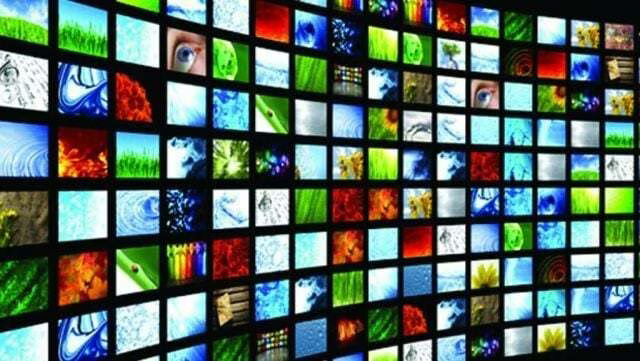Governments, Markets, and Media

I was thinking the other day about an analogy between government services vs. private services and Walter Cronkite vs. cable news channels.
It’s weird, but hear me out.
Walter Cronkite was a lot like the BBC. It was private, but between him and Dan Rather and all those types, there were very few sources of news. It was almost state-provided, like the British do it.
The popular narrative is that we have the same thing we used to have, but now we have a worse version of it. Basically the advertisers got their hands on it, and now it’s all newstainment, or whatever the hybridization is.
But I was just thinking that maybe something else happened entirely.
What if we went from zero choice to lots of choice?
One could argue that news isn’t actually worse today, but rather that there’s so many options and that many of them are worse.
It’s true that the defacto standard, Fox News, along with CNN and MSNBC and the like, are probably much worse than the zero-choice models from 1950-1980 or whatever, but those aren’t our only options.
There are so many top quality newspapers today. Magazines. Special news shows. Semi-private journalism that goes super-deep into stories. Etc.
And rather than searching for a lack of bias, perhaps what we’re getting is a spectrum of biases to choose from. Some left. Some right. Some not very biased at all.
Choice transfers the burden to the individual, and that’s ultimately why we have a media failure today. It’s not the media that’s failing us, it’s the people who choose to watch garbage.
We’re not living in a world where there aren’t good options. It’s the opposite. We have the best options ever in history. We have failed ourselves.
There are many calling for the garbage news shows to go away. They say they’re harming the country. But it’s not true. The channels we see are nothing but mirrors. All the sensationalist news, Nancy Grace, Ghosthunters, etc.—it’s there because it’s what we want to see.
So for those who are calling for better news, what you’re really saying is we need our choices restricted. We need a BBC to control the quality of the content and force some proper education.
And maybe that’s true.
But you have to think about what it means to say that. It’s saying we’re too stupid to think for ourselves, to make good choices about what to watch.
Ultimately the issue isn’t a decline in media quality, it’s a decline in our quality. And I’m not sure limiting the options at this point would be either possible or effective.
We’ve regressed into children who need entertainment, and we’re in a market economy where we have 300 different channels to browse. The only way to fix the market problem is to improve the quality of the consumer and their choices.
I’m not optimistic on that point. But let’s stop blaming the media. We’ve gone from government control to market control, guided by the blade-handled weapon of choice. And now we have to live with choices made by a nation of idiots.